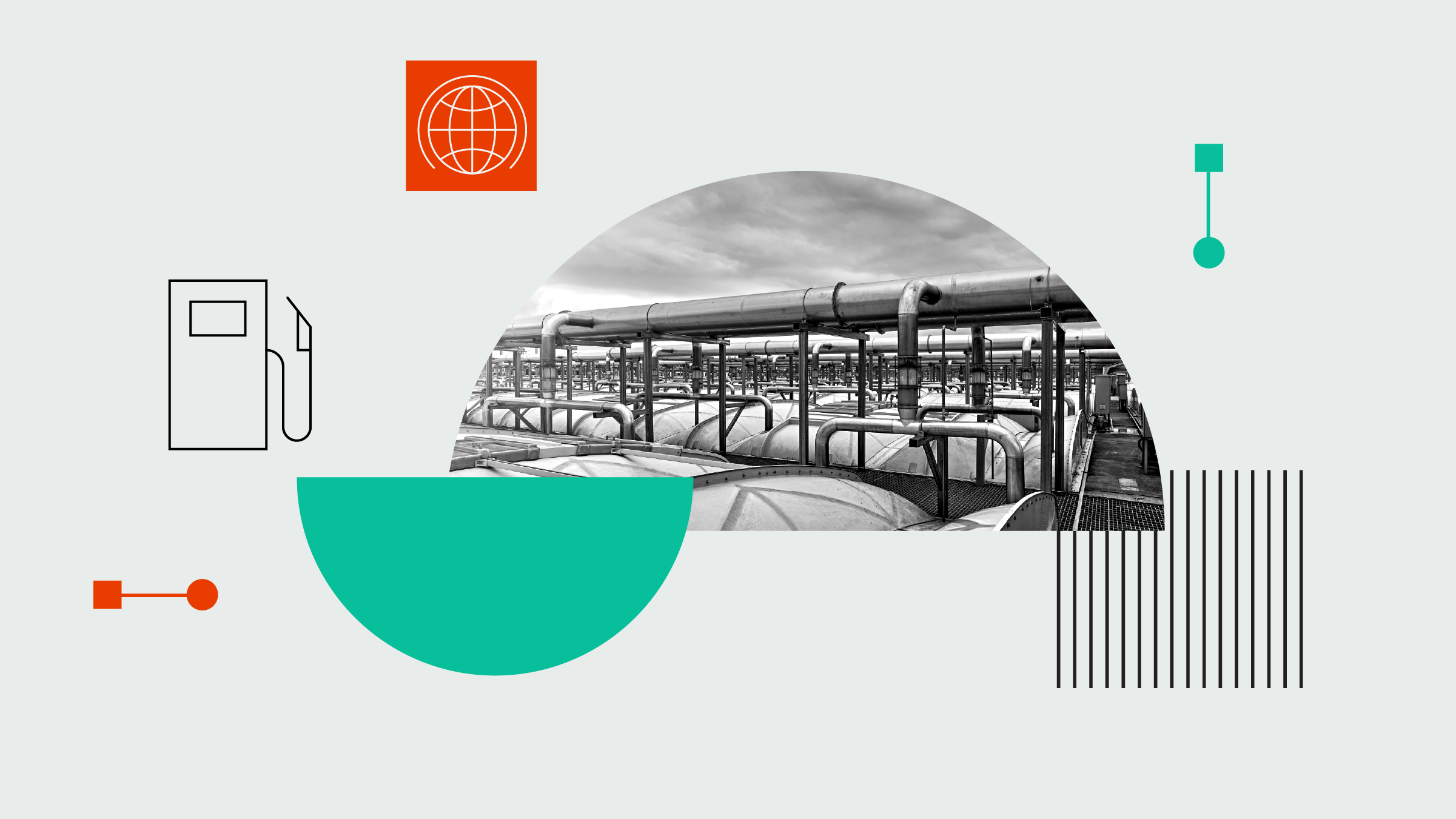
The UK stock market is often described as a collection of “old economy” stocks. Some of the country’s biggest companies are from oil, mining, tobacco and defense sectors and they face scrutiny over environmental, social, and governance concerns.
The market rotation away from US tech in the first quarter and the April tariff selloff has made investors’ ESG resolve harder, because more defensive UK stocks have outperformed this year: British American Tobacco BATS is up nearly 10% in 2025 and arms company BAE Systems BA shares are 50% higher.
But are UK stocks inherently high risk from an ESG perspective and how does they compare to rival markets?
Morningstar Sustainalytics’ company-level ESG Risk Rating measures the extent to which a company’s economic value is put at risk by ESG factors. And this risk rating is ranked as negligible, low, medium, high or severe.
The company is assigned a score based on its exposure to specific material risks and how well it is managing those risks.
Out of the top 10 companies in the Morningstar UK Index, three have a “high” ESG Risk Rating.
Shell SHEL, the multinational oil and gas company based in London, leads the pack with a score of 36.5. The company is followed by BP BP. with a high ESG risk of 33.20, and British American Tobacco BATS which has 30.5 points.
Still, Shell’s score ranks it at number 61 in an industry cohort of 293 companies; this means there are 60 oil companies with a worse ESG risk score.
Are US and European Stocks Lower Risk?
In comparison to the Morningstar US Market Index, the Morningstar Developed Market Europe ex UK Index, and the Morningstar Japan Index, the Morningstar UK Index has more companies with a high ESG Risk Rating.
For the US index, Facebook and Instagram owner Meta Platforms META is the only stock out of its top 10 to have a high ESG risk, whilst Mitsubishi has taken that accolade for the Morningstar Japan Index.
The Morningstar Developed Market Europe ex UK Index is also the outlier as none of the top 10 holdings have been branded as having a high ESG risk by Sustainalytics. However, in terms of medium ESG risk, the cohort is larger.
For the Morningstar US Index, Amazon.com AMZN, Berkshire Hathaway BRK.A, Alphabet Inc GOOGL, and Tesla TSLA have all received medium ESG risk classifications.
In the Morningstar Japan Index, Toyota Motor, Hitachi, and Sumitomo Mitsui Financial have medium ESG risk ratings. And in the Morningstar Developed Market Europe ex UK Index, Nestle NESN, Roche ROG, Novo Nordisk NOVO B, Siemens SIE, and TotalEnergies TTE all have medium ESG risk ratings.
FTSE 100 Companies Have an ESG Plan
ESG investing allows investors to exclude certain companies from their portfolios if they do not meet the right environmental, social or governance criteria.
But this is not always easy as companies’ public messaging on sustainable investing can differ from the reality. Annual reports are full of bold ESG commitments on governance, community impact and corporate social responsibility, but it’s hard to gauge how successful these are.
A report from consultancy firm pwc, Navigating Net Zero, looked at efforts from the UK’s largest companies to decarbonize. which falls firmly into the environmental area of the wider ESG movement.
The report found that only 26 of the 100 companies have “comprehensive, measurable and specific actions” to decarbonize.
“While many companies have shared their ambitions to commit to a more sustainable future, they often fall short when it comes to their delivery plans,” the report said.
“FTSE 100 companies generally have a transition plan and a sustainability report, but the quality and comprehensiveness of outcomes and actions can vary.
“So while there’s clear intention when it comes to committing to a more sustainable future, actions are lagging.”
The author or authors do not own shares in any securities mentioned in this article. Find out about Morningstar's editorial policies.




























